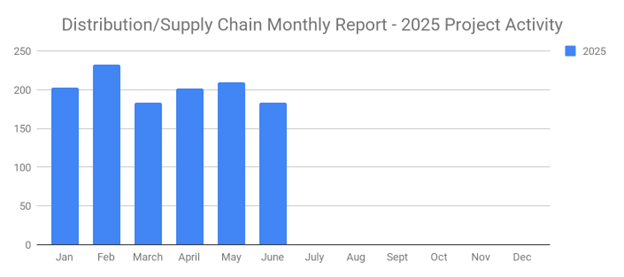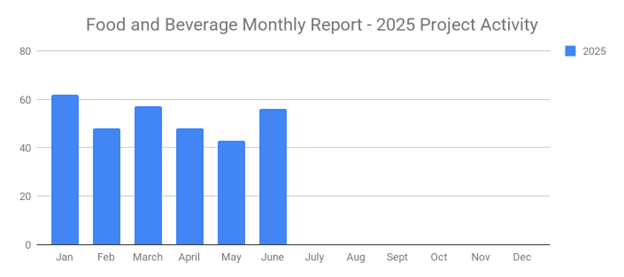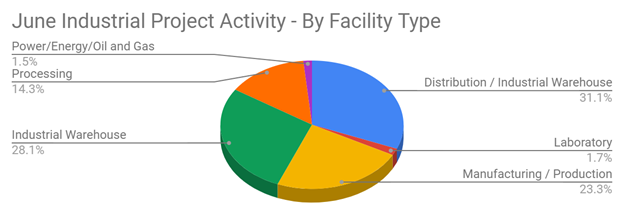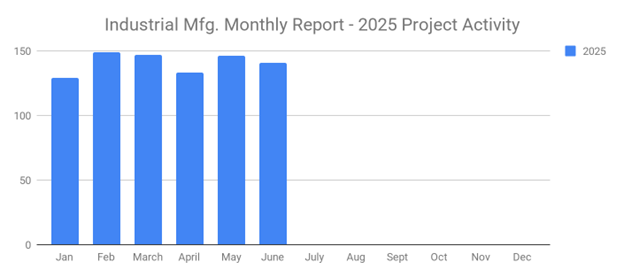
Successful business-to-business (B2B) salespersons know the importance of targeting key accounts. Some prospects are more likely to buy your product or service, and these are the accounts you should target. Unfortunately, many B2B salespersons ignore this strategy, resulting in fewer sales/conversions. If you want to capitalize on key accounts and boost your company's sales, consider the following tips.
Define the Key Accounts
So, how do you know which accounts are key accounts and which ones aren't? There's no easy way to identify a key account. Ultimately, you'll need to look for the following criteria:
- The account has made purchases from your company in the past
- The account represents a reputable, established company
- The account has a strong professional relationship with your company.
By analyzing your accounts and looking for the aforementioned criteria, you should be able to define the key accounts.
Validate and Verify
It's always a good idea to validate and verify your key accounts before contacting them. Basically, this means checking to ensure their contact information is accurate and up to date. If it's incorrect, you'll only waste valuable time and resources trying to sell to them. So, validate and verify your key accounts beforehand.
Prepare a Pitch
Don't try to "wing" your sales pitch to key accounts. After you've identified the key accounts, prepare a personalized pitch that's tailored specifically for each account. Assuming you know the prospect's name, for instance, you should include this in your pitch. Addressing the key account prospect directly by his or her name creates a stronger connection; thus, increasing your chances of converting that prospect into a paying customer. This alone will go a long ways in helping you convert those key accounts within your organization.
Follow Up
In addition to preparing and using a pitch, you should also follow up with key accounts, regardless of whether they buy your product or service. Not all prospects will buy your product or service when you initially pitch it to them. On the contrary, many prospects -- especially key account prospects -- will want to think about your offer. By following up with these prospects, you may be able to convert these key accounts into customers.
Selling to key accounts requires a more methodical approach than conventional accounts. Because these accounts are so valuable, you should plan accordingly to increase your chances of success. With a little planning, you'll have an easier time converting key accounts into customers -- and that should be your primary goal as a B2B salesperson.
What to learn more? Get in Touch
Latest Posts
-

June's New Distribution and Supply Chain Planned Projects Return to March’s 183 Confirmed Figure
-

Food and Beverage Rebounds with 56 New Planned Projects Igniting Growth After Decline
-

June 2025’s New Industrial Construction Projects Grew 7% Month-Over-Month
-

Q2 Industrial Manufacturing Soars 31% for Planned Projects Over $100M; June Planned Industrial Projects Hit 141

